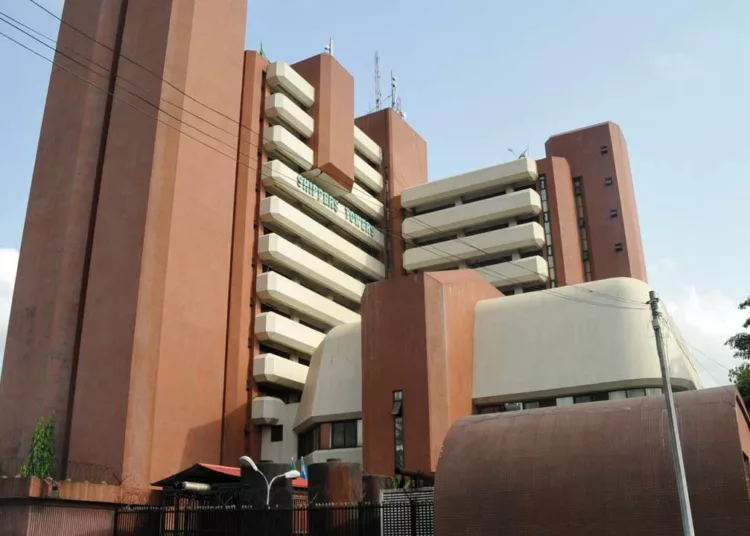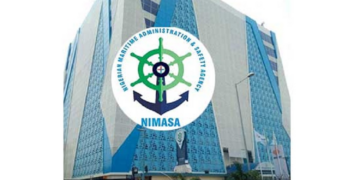The Nigerian Shippers Council (NSC), on Wednesday, said that the 1978 Act which the council currently operates under is obsolete and needs to be amended in order to align with its economic regulator’s role.
Speaking in Lagos when the Nigerian Maritime Law Association (NMLA) paid a courtesy visit to the Council, the executive secretary, Pius Akutah, disclosed that the Council has also saved Nigeria N6 billion from the application of Alternative Dispute Resolution (ADR) to shipping issues in the country.
According to Akutah, “we know that the NSC has a mandate to take care of the interests of shippers but over the years, the council has been operating under a 1978 law which set it up. You will agree with me that by 2024, we should all know that the law is obsolete and it’s not going to adequately provide for what the sector stands for at the moment.
“So, there is a need for us to look into that law and see what we can do to change the law and empower the agency to do more of what is required of it in this 21st century.
“Now, NSC has a bill before the National Assembly seeking to transmute into a regulatory agency by law. You are also aware that the agency at the moment is empowered by a presidential directive and a regulation for it to assume the duties of the Port Economic Regulator, which the agency has been carrying out.
“But the nitty gritty of what the Port Economic Regulator would do is not provided in that presidential order and the guidelines. So there is a need for us to have a legislation,” he stated
“We have that legislation. It’s ongoing for some time now. Luckily for us, the House of Representatives has passed it. It’s before the Senate now,” he stated.
The Shippers’ Council boss, however, called for collaboration and support of the Marítime Law Association whenever the bill was eventually passed into law.
“Many areas of collaboration with the Nigerian Maritime Law Association will be very necessary and needed as soon as that law is passed into law and assented to by Mr. President. Like you said, we have an internal mechanism for Alternative Dispute Resolution (ADR), which, in effect, will look at the quantum of investments that is done in this sector. And for us to allow litigation to clamp down on investments, it will not all go well with the sector and ultimately with the economy.
“You can imagine when a ship is grounded for two months, you know what kind of damage it will cause to the economy. So we are looking at better ways of resolving maritime disputes through the ADR initiative.
So, we are open for further training and capacity building of our in-house men to engage properly in ADR procedures.
“This year alone, with the use of ADR on our compliance unit, we have saved this country over six billion naira. And we believe that with adequate training, capacity building, we may even do much more than that in the coming years.”
Speaking earlier, the President of NMLA, Funke Agbor, acknowledged the NSC for the tremendous support the association has received over the years.
Agbor, a Senior Advocate of Nigeria, commended Akutah’s commitment to ensuring fair competition, streamlining port operations and promoting alternative dispute resolution mechanisms in the industry.
She stated that the Council’s role had a transformative impact on the Marítime industry.
“We know that the Shippers’ Council has been an indispensable partner in advancing trade facilitation, protecting the interests of shippers and promoting efficiency across the Nigerian maritime logistics chain. Your commitment to ensuring fair competition, streamlining port operations and promoting alternative dispute resolution mechanisms has had a transformative impact on the industry.
“As the economic regulator for Nigerian port industry, the Shippers Council’s work aligns closely with the mission of the Nigerian Maritime Law Association which includes efforts to foster the development of maritime law and policy, promote fairness in maritime commerce, and support best practices in the industry.
“We have collaborated at many levels and we can see that there are still numerous opportunities to strengthen our collaboration with the Nigerian Shippers Council. Together, we can address key legal and regulatory challenges impacting maritime commerce, particularly in the areas of trade facilitation, dispute resolution, port governance, and compliance with the Nigerian Shippers Association rules.”











